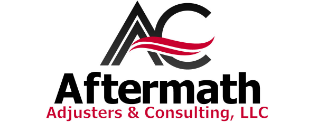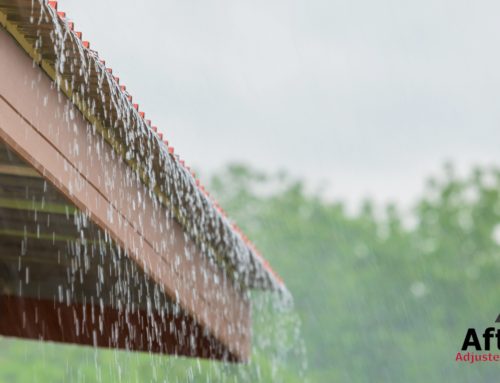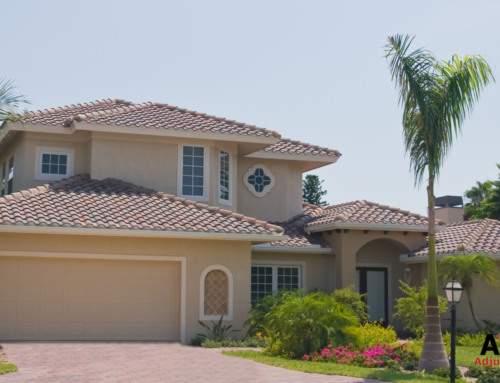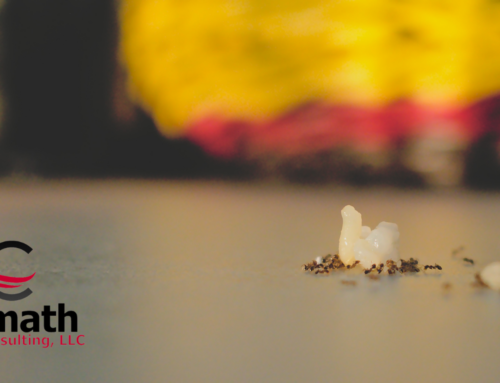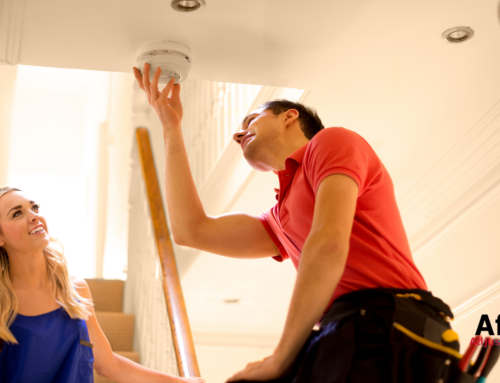September is the height of hurricane season in Florida. That’s why homeowners need to understand the kind of damage a hurricane can bring to their property. For instance, when Hurricane Irma came through in 2017, the storm brought heavy rains and wind that led to storm surges, power outages, fallen trees, roof and structural damage and more.
In particular, Florida homeowners experienced water damage AND flood damage. What is interesting is that many property owners assume that water damage and flood damage are the same – but they are not. Although both types of damage involved water, how that water got into a home determines whether you have covered damage and by which insurance policy.
Because it is important to know your home or business insurance coverage, especially if you receive damage, let’s learn a bit more about storm water damage, flood damage, and the difference between the two.
Defining Storm Water Damage
Water damage is one of the most common damages suffered by homeowners. This usually happens due to:
- Failed plumbing systems – broken pipes, broken toilets, overflowing tubs
- Faulty appliances – dishwashers, hot water heaters, washing machines
- Ruptured water lines – air conditioner condensation line, ice maker water line
Generally speaking, homeowners’ insurance policies cover water damage as long as it was a sudden occurrence and not a gradual issue caused by lack of maintenance.
Storm water damage is a bit different. It is caused by a wind or lightning that created a hole in your home, allowing water to come inside. If the water in your home hit your home before it hit the ground, then it is considered storm-related water damage. This type of damage is covered by most standard homeowners’ policies.
Defining Flood Damage
A standard homeowners’ policy does not, however, cover flood damage. Flood damage happens when:
- Runoff
- Ocean surge
- Overflow of inland water – lakes, rivers, ponds
- Collapse of land along a shoreline
This excess water then makes its way into your home. In this case, the water did not touch your home before it touched the ground. Therefore, the resulting damage is only covered if the homeowner has a Federal Emergency Management Agency (FEMA) policy.
In the event of a hurricane, a homeowner can suffer from both storm water damage and flooding. As long as the property owner has both a homeowners’ policy and a FEMA flood policy, they will be covered up to the limits of the policy. Despite one event causing the problem, the homeowner will need to file two separate claims.
A Public Adjuster Can Help
Filing an insurance claim is not an easy process. It requires that the claimant provide detailed paperwork filed in a particular way within a specified period of time. After an event like a hurricane that causes widespread damage, the process can take longer than normal and be even more overwhelming. Homeowners often wait weeks for a response as adjusters try to handle the volume of calls.
Now, imagine trying to do this for two separate claims.
That’s why homeowners should consider calling a public adjuster like Aftermath Adjusters & Consulting, LLC. A public adjuster can help you with all the details of the insurance claims process, work with your insurance providers, and negotiate a settlement on your behalf.
At Aftermath Adjusters & Consulting, our public adjusters are professionals with extensive experience handling Florida claims. We are experts when it comes to hurricane, storm, water, and flood damage and have the skills and training needed to make sure you get the payout you need and deserve to restore your property. Most of all, working a certified public adjuster will give you peace of mind knowing that someone with the proper knowledge is on your side.
If a hurricane impacts your home or business this year, contact Aftermath Adjusters & Consulting LLC. We will handle the claim while you get back to the business of living your life.
